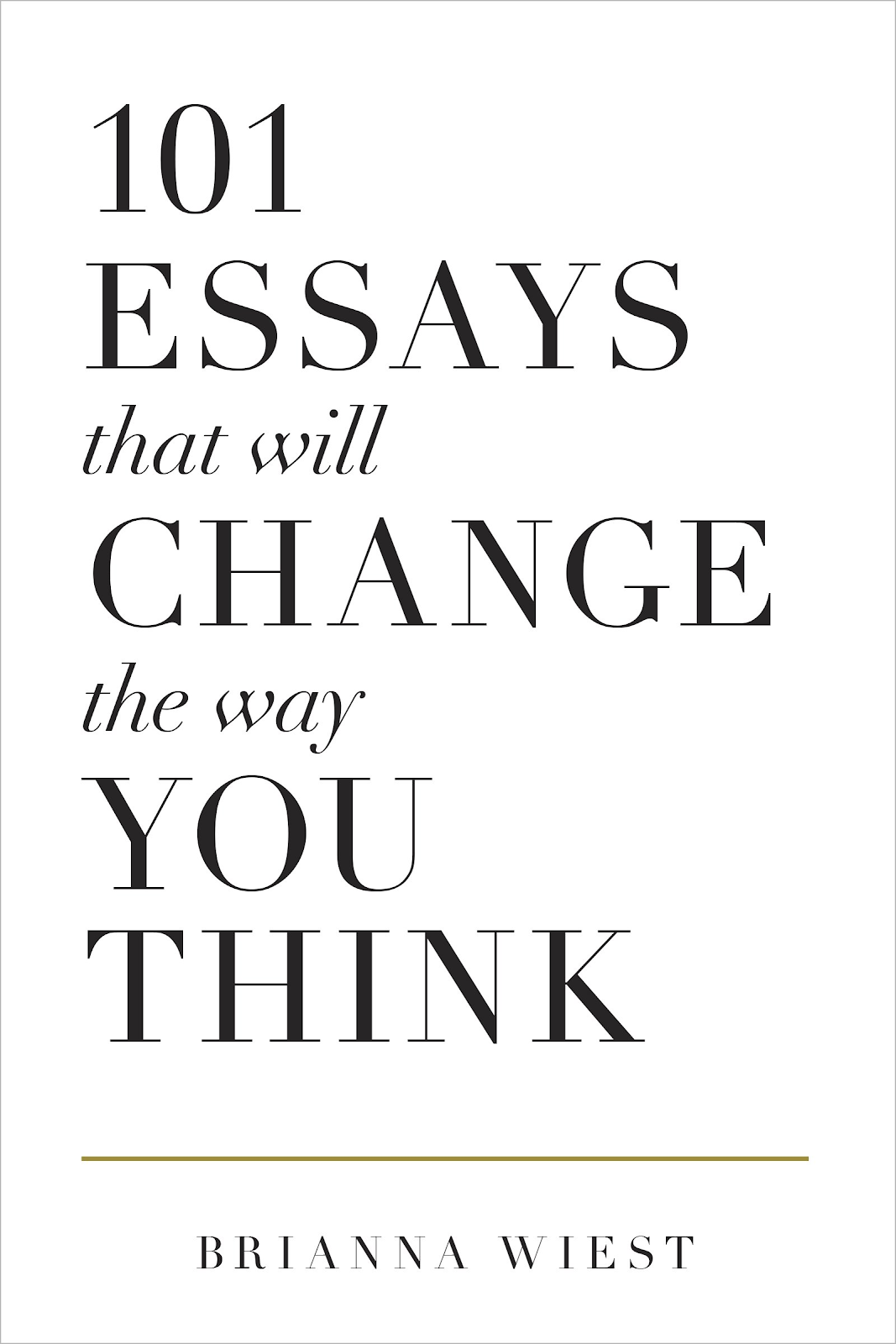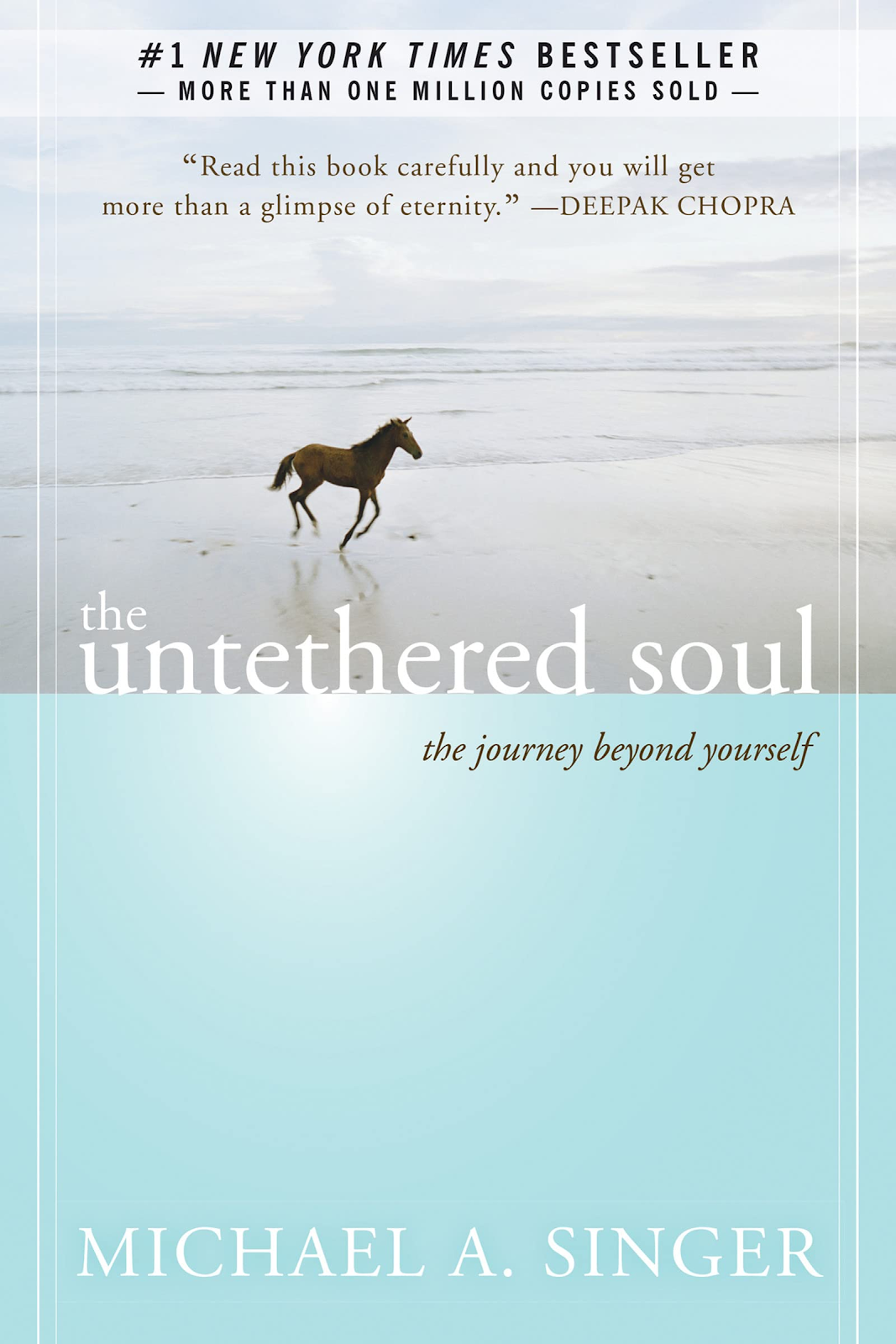5 Must-Read Books That Will Help You Master Your Emotions
1. Emotional Intelligence
Sharing the ways emotional intelligence evolves, explaining how it can be improved, and offers an alternative to overly cognition-centered approaches to the human mind.
Title: Emotional Intelligence
Author: Daniel Goleman
Year of Publication: 1995
Review:
"Emotional Intelligence" by Daniel Goleman is a groundbreaking book that explores the concept of emotional intelligence and its profound impact on personal and professional success. Goleman's book, originally published in 1995, remains a seminal work in the field and continues to influence our understanding of emotions and their role in our lives.
Goleman presents a compelling argument that emotional intelligence, often referred to as EQ, is just as important as intellectual intelligence, if not more so, in determining an individual's overall success and happiness. He breaks down emotional intelligence into five core components: self-awareness, self-regulation, motivation, empathy, and social skills.
One of the book's strengths is Goleman's ability to blend scientific research with real-life examples and anecdotes, making the concepts accessible and relatable to readers from all walks of life. He draws from studies in psychology, neuroscience, and sociology to support his claims and provide a solid foundation for his ideas.
The author illustrates how emotional intelligence impacts various aspects of our lives, from personal relationships to leadership abilities, making it relevant for individuals in any profession. Goleman argues that emotional intelligence can be cultivated and improved upon, offering practical strategies and techniques to enhance one's EQ.
While the book delves into the theory and research behind emotional intelligence, it also offers practical advice and exercises that readers can engage with to develop their emotional intelligence skills. Goleman provides insights into identifying and managing emotions, building stronger relationships, and becoming more effective in social interactions.
One potential drawback of the book is that it can be dense and occasionally repetitive. Some readers may find the extensive scientific references and detailed explanations overwhelming at times. However, for those who are willing to dive into the subject matter and explore the scientific underpinnings of emotional intelligence, this may not be a significant concern.
Overall, "Emotional Intelligence" is a thought-provoking and enlightening book that challenges traditional notions of intelligence and provides valuable insights into the role of emotions in our lives. Daniel Goleman's work has had a lasting impact, popularizing the concept of emotional intelligence and influencing fields such as psychology, education, and leadership. Whether you are interested in personal growth, relationships, or professional development, this book offers valuable lessons and practical guidance to enhance your emotional intelligence skills.
2. 101 Essays That Will Change the Way You Think
A thought-provoking collection of essays that offers profound insights and perspectives to challenge and transform your thinking.
3. The Untethered Soul
Drawing on different spiritual practices, it explains how to navigate your own mind, get in touch with yourself and become your own master, ultimately achieving enlightenment.
Title: The Untethered Soul
Author: Michael A. Singer
Year of Publication: 2007
Review:
"The Untethered Soul" by Michael A. Singer is a profound and transformative book that explores the nature of consciousness, spirituality, and personal freedom. Singer's work offers practical guidance and insights for those seeking inner peace, self-discovery, and liberation from the limitations of the mind.
The book invites readers on a journey of self-exploration and challenges them to question their deeply ingrained beliefs and attachments. Singer presents concepts and teachings from various spiritual traditions and combines them with his own experiences and wisdom, creating a unique and accessible perspective on the nature of the self.
One of the book's strengths is Singer's ability to convey complex spiritual ideas in a clear and relatable manner. He uses simple language and relatable examples to help readers grasp profound concepts, making the book accessible to both beginners and seasoned seekers on the spiritual path.
Singer emphasizes the importance of self-awareness and the practice of mindfulness as essential tools for achieving inner freedom. He explores the power of observation, detachment from thoughts and emotions, and the art of surrendering to the flow of life. Through practical exercises and meditative practices, he guides readers towards breaking free from the limitations of the ego and embracing a more expanded and liberated state of being.
One of the most compelling aspects of "The Untethered Soul" is its emphasis on living in the present moment. Singer eloquently describes the power of letting go of past regrets and future worries and fully embracing the present moment. He offers insights into how this practice can lead to profound inner peace and a deep connection with the essence of one's being.
While the book is spiritual in nature, it does not adhere to any specific religious doctrine. Singer's teachings transcend religious boundaries, making it accessible and relevant to individuals from various backgrounds and belief systems. He encourages readers to explore their own spiritual journey and find their unique path to inner freedom.
However, it's worth noting that some readers may find certain concepts in the book challenging or abstract. Singer dives into deep philosophical and metaphysical topics, which may require an open mind and willingness to explore unconventional ideas.
Overall, "The Untethered Soul" is a powerful and insightful book that has the potential to ignite profound personal transformation. Michael A. Singer offers a refreshing perspective on spirituality and self-discovery, providing practical tools and guidance for readers to break free from limiting beliefs and experience a more joyful and liberated existence. Whether you are new to spiritual exploration or well-versed in the subject matter, this book has the potential to inspire and guide you on your journey towards inner freedom.
4. IKIGAI
A guide that explores the Japanese concept of finding purpose and fulfillment in life through the convergence of passion, mission, vocation, and profession.
Title: Ikigai: The Japanese Secret to a Long and Happy Life
Authors: Héctor García and Francesc Miralles
Year of Publication: 2016
Review:
"Ikigai: The Japanese Secret to a Long and Happy Life" is an insightful and inspiring book written by Héctor García and Francesc Miralles. Drawing on the concept of ikigai, a Japanese term that roughly translates to "reason for being," the authors explore the factors that contribute to a fulfilling and purposeful life.
The book takes readers on a journey through the principles and practices of ikigai, blending ancient wisdom with modern research and personal anecdotes. It delves into the lives of the residents of the Japanese island of Okinawa, known for their longevity and vibrant lives, to uncover the secrets of living with purpose and joy.
One of the strengths of "Ikigai" is its holistic approach to well-being. The authors emphasize the importance of finding a balance between four elements: what we love, what we are good at, what the world needs, and what we can be paid for. They argue that the intersection of these elements is where our true ikigai lies, leading to a sense of fulfillment and contentment.
The book offers practical advice and exercises to help readers discover their own ikigai and integrate it into their daily lives. It explores topics such as self-reflection, embracing simplicity, nurturing relationships, staying active, and finding meaning in everyday activities. Through these insights, readers are encouraged to reflect on their values, passions, and talents in order to align their lives with their unique purpose.
"Ikigai" also provides a fascinating glimpse into the Japanese culture and mindset. It explores concepts such as mindfulness, resilience, gratitude, and the importance of community. By delving into these cultural aspects, the authors offer a broader perspective on what contributes to a happy and meaningful life.
One potential criticism of the book is that it oversimplifies the complexity of finding and living out one's ikigai. While the concept itself is valuable, the authors' approach might not resonate with everyone, as individual circumstances and cultural contexts can vary significantly.
Overall, "Ikigai: The Japanese Secret to a Long and Happy Life" offers a refreshing and thought-provoking perspective on finding purpose and happiness. It combines practical guidance with philosophical insights, making it accessible to readers of all backgrounds. Whether you are searching for meaning in your life or simply interested in exploring the wisdom of ikigai, this book provides a valuable framework to inspire personal growth and a more fulfilling existence.
5. Master Your Emotions
Instead of letting your negative emotions control your life, it encourages you to build positive instead of negative emotions and take back control of your life.





Comments
Post a Comment